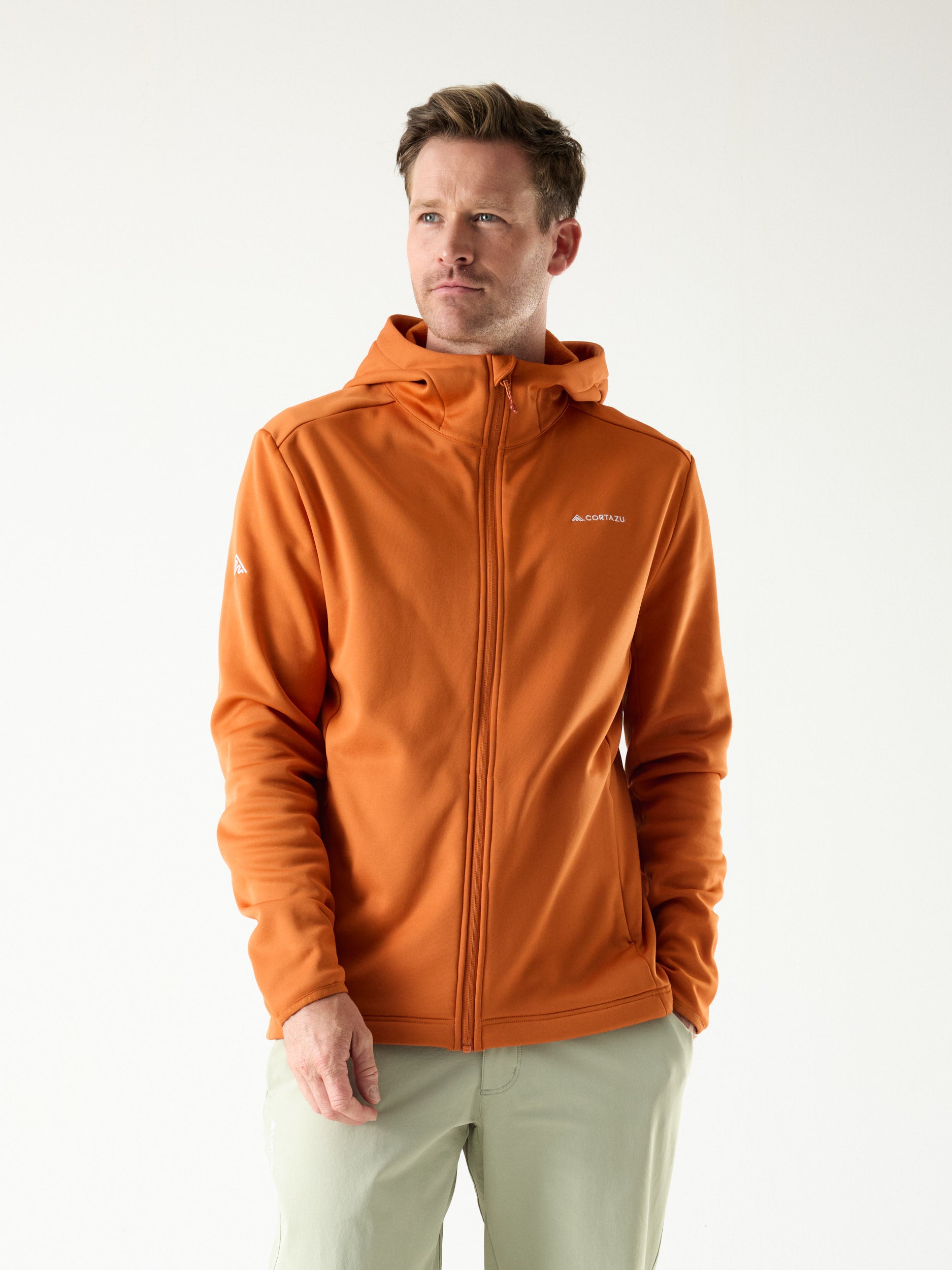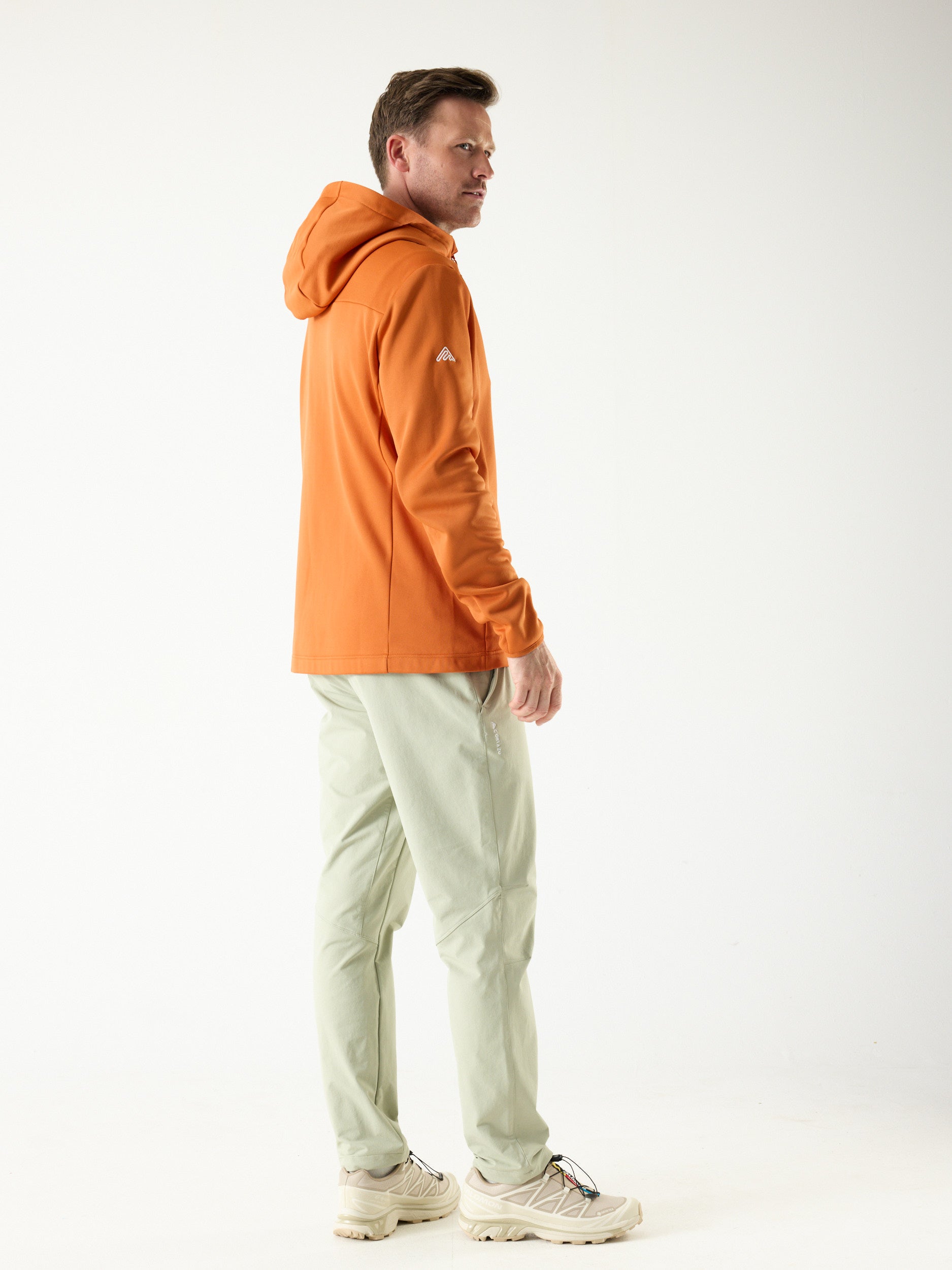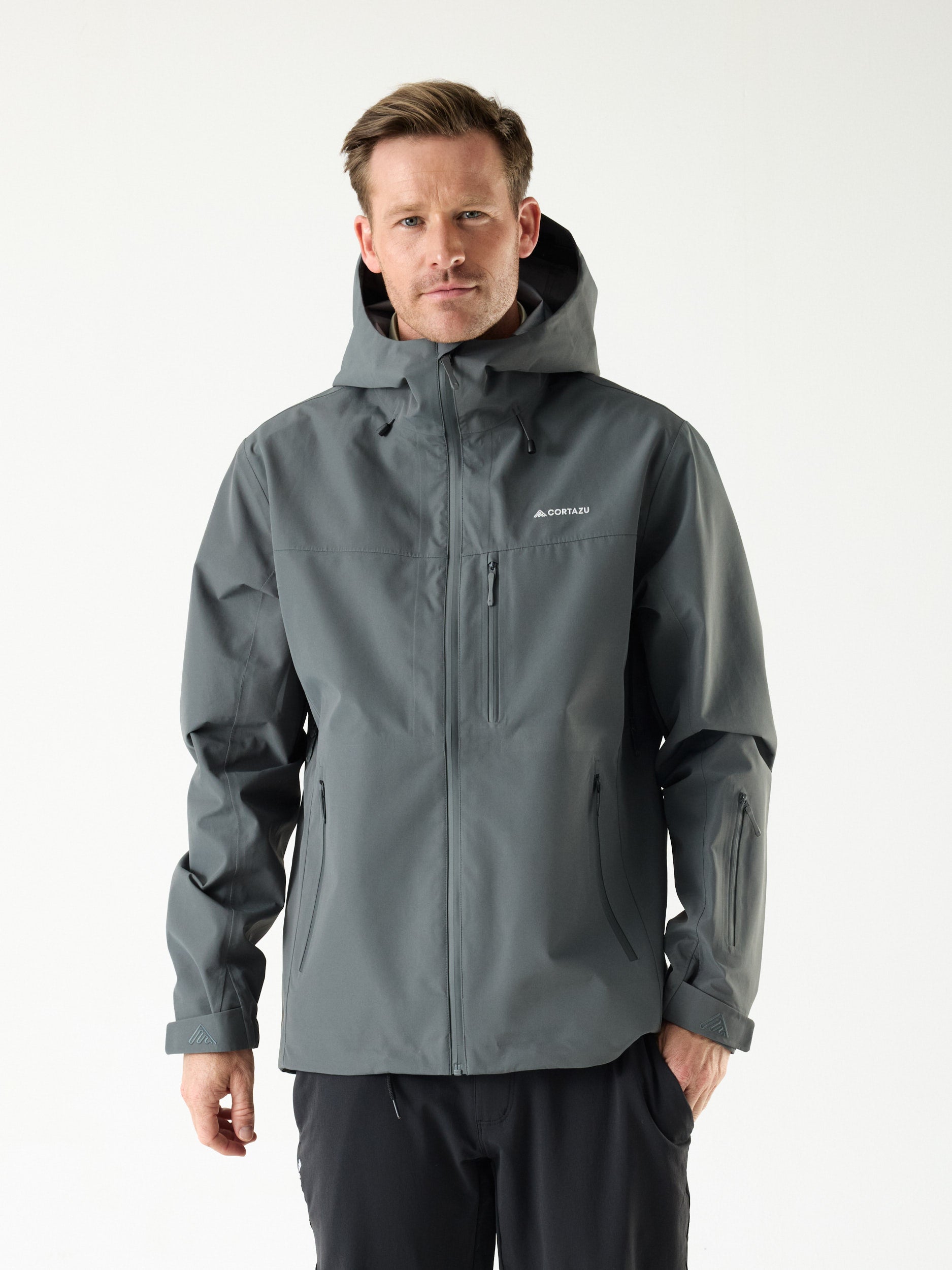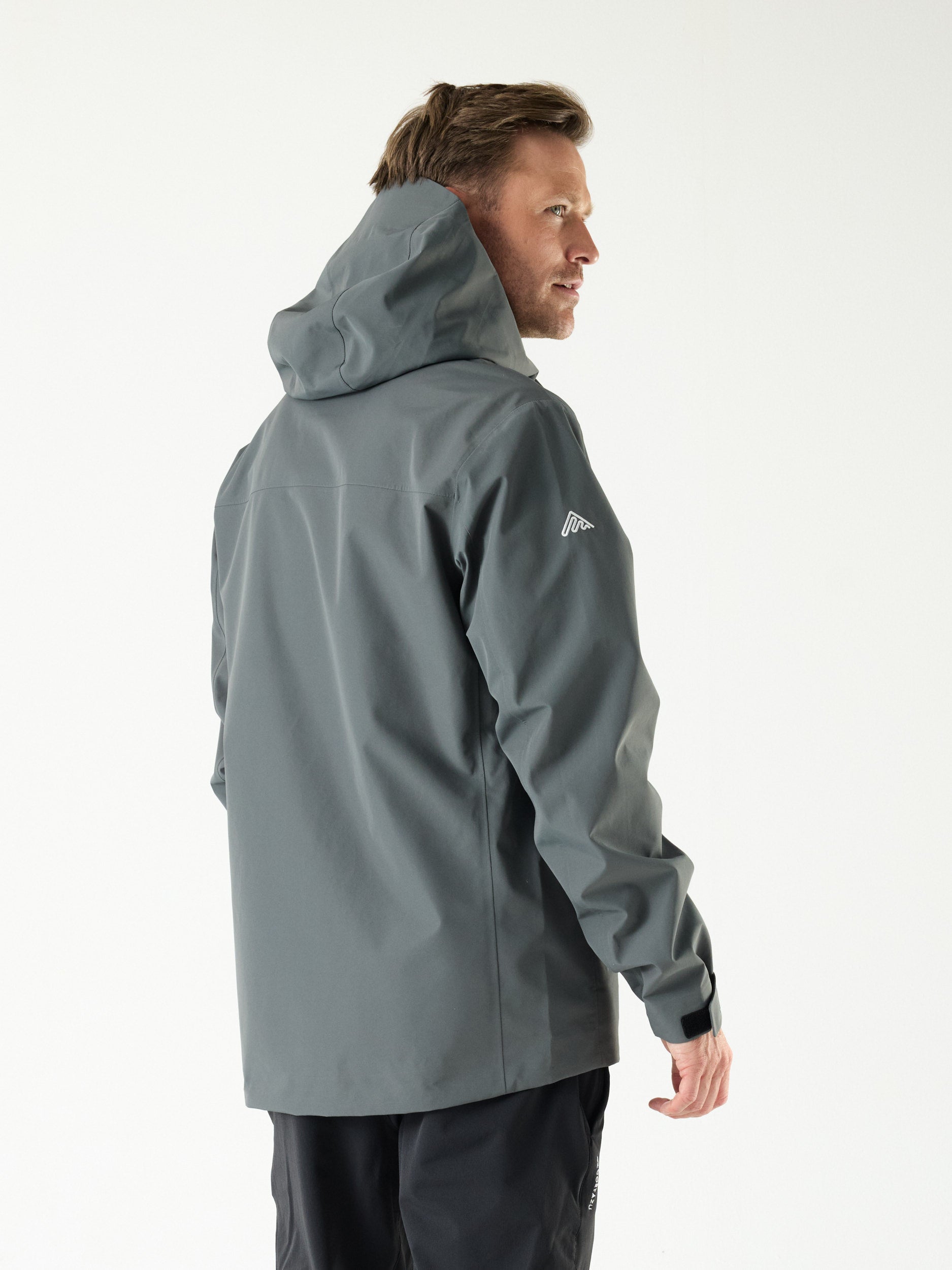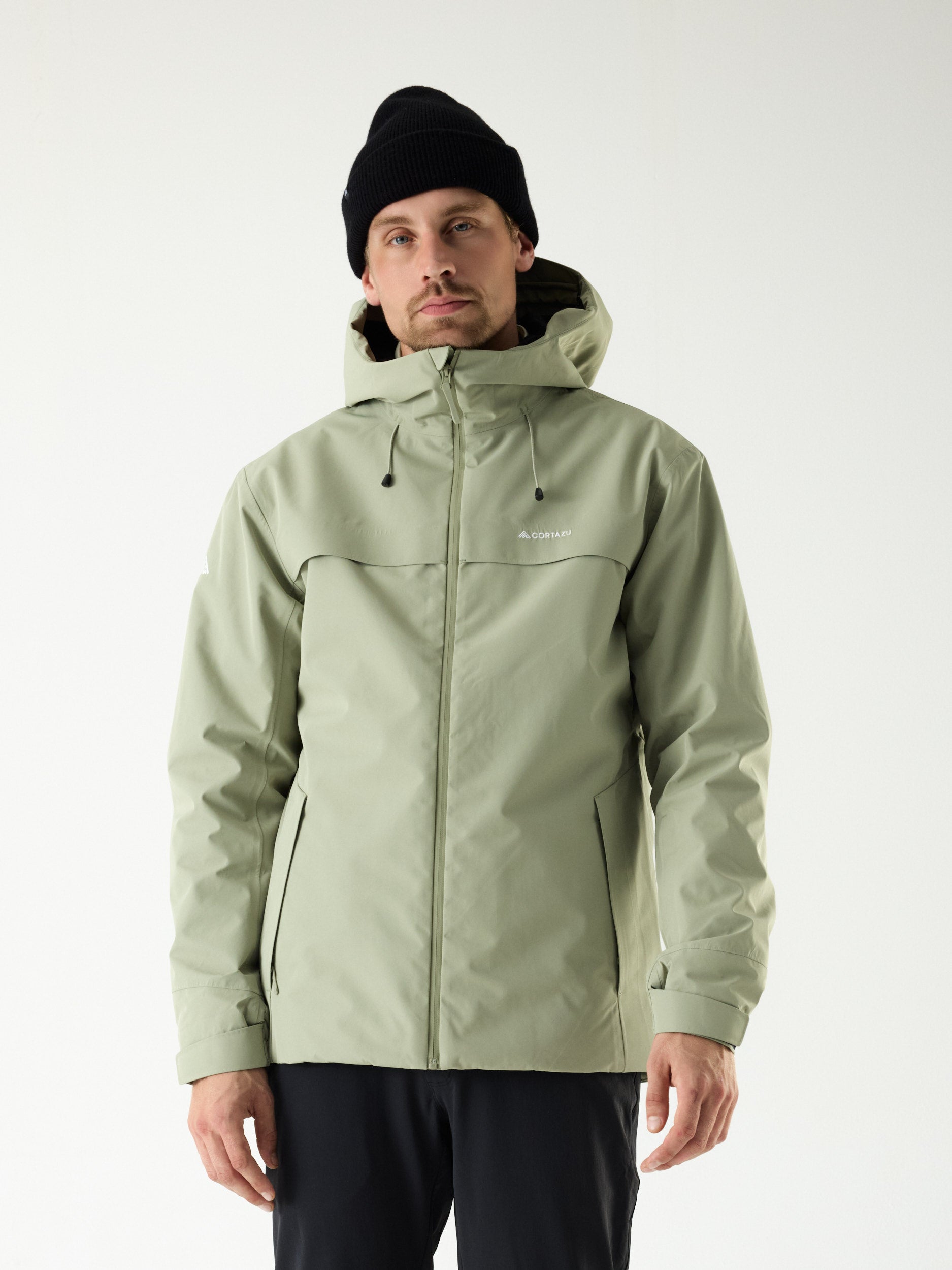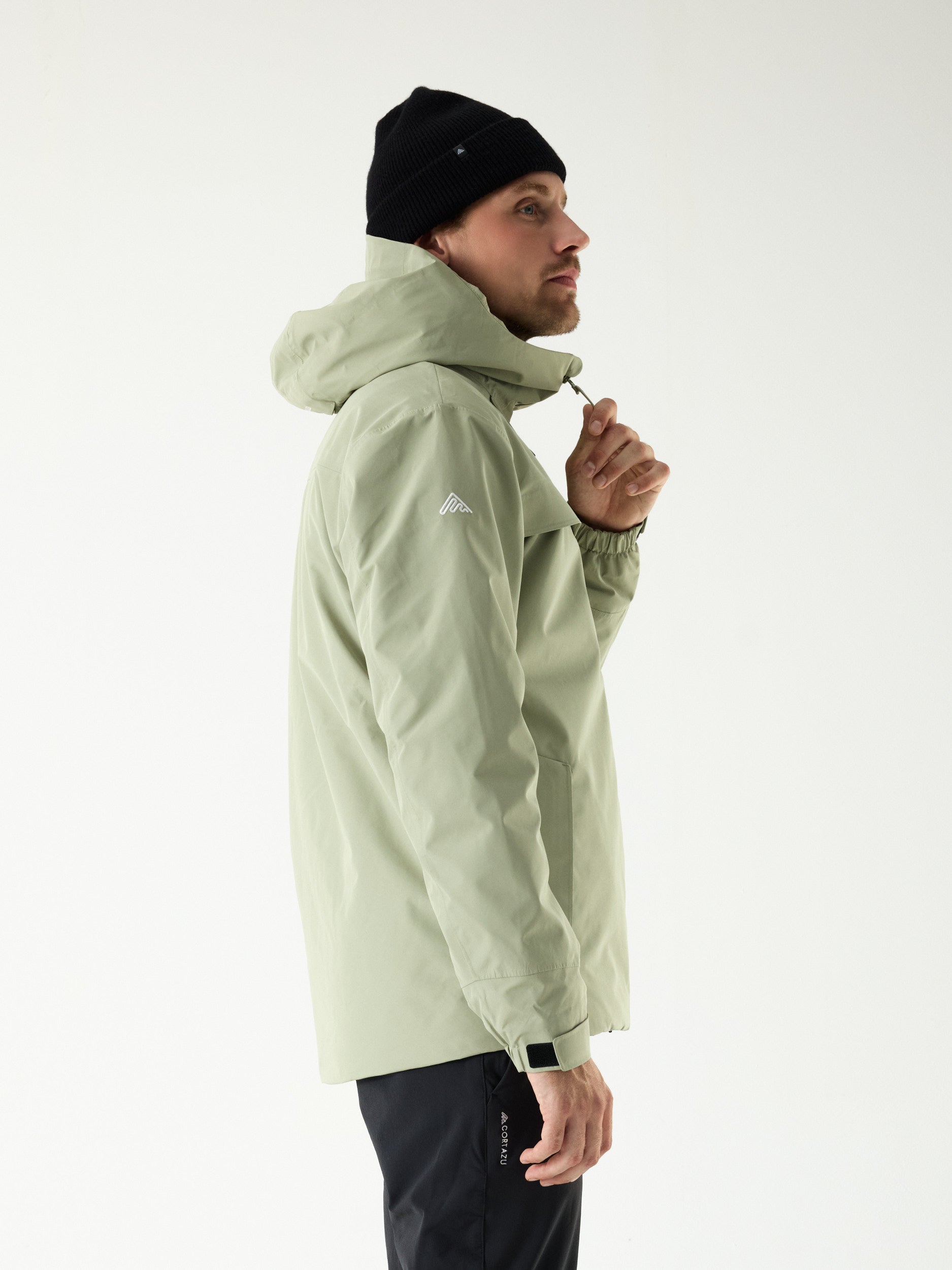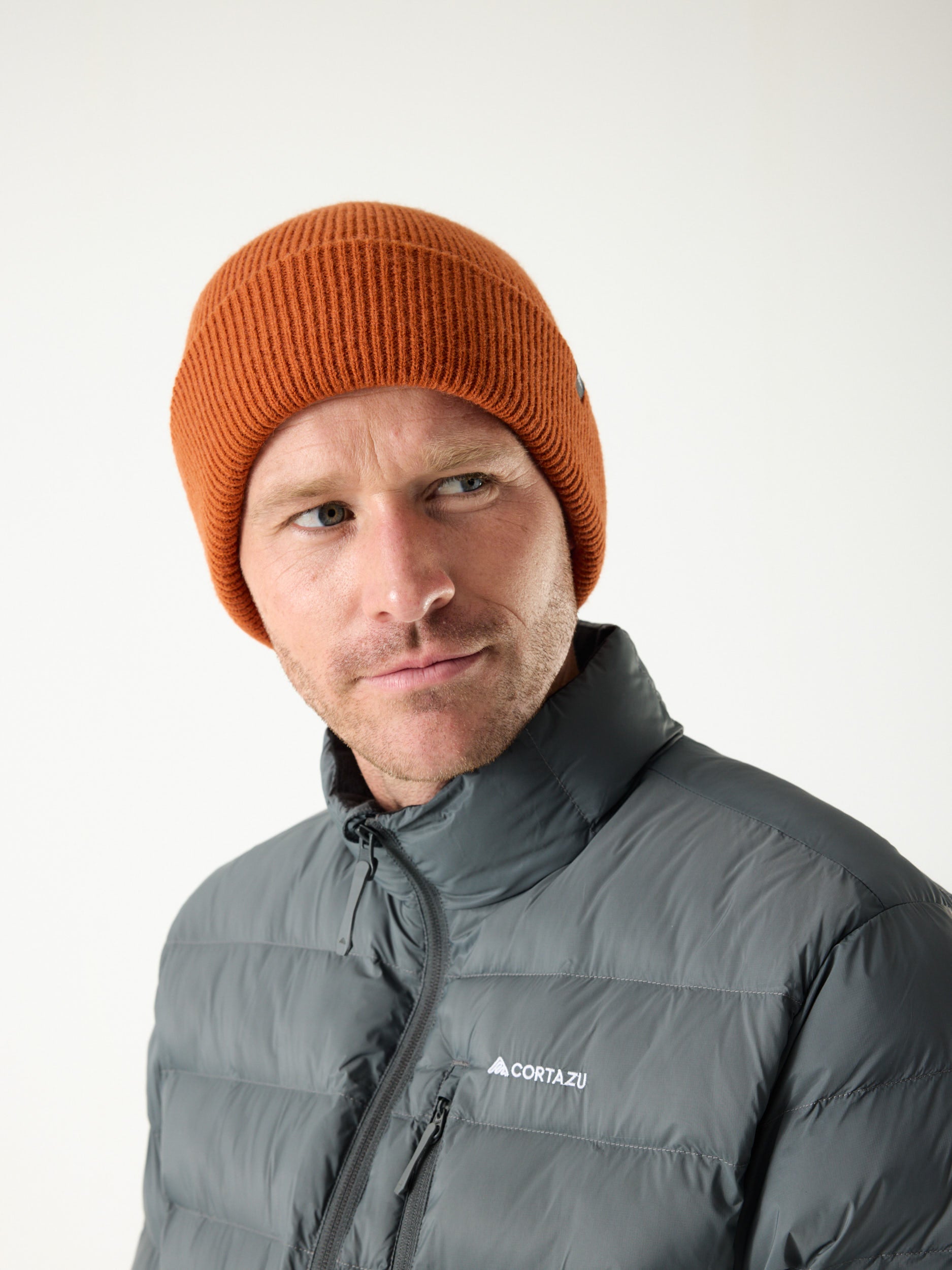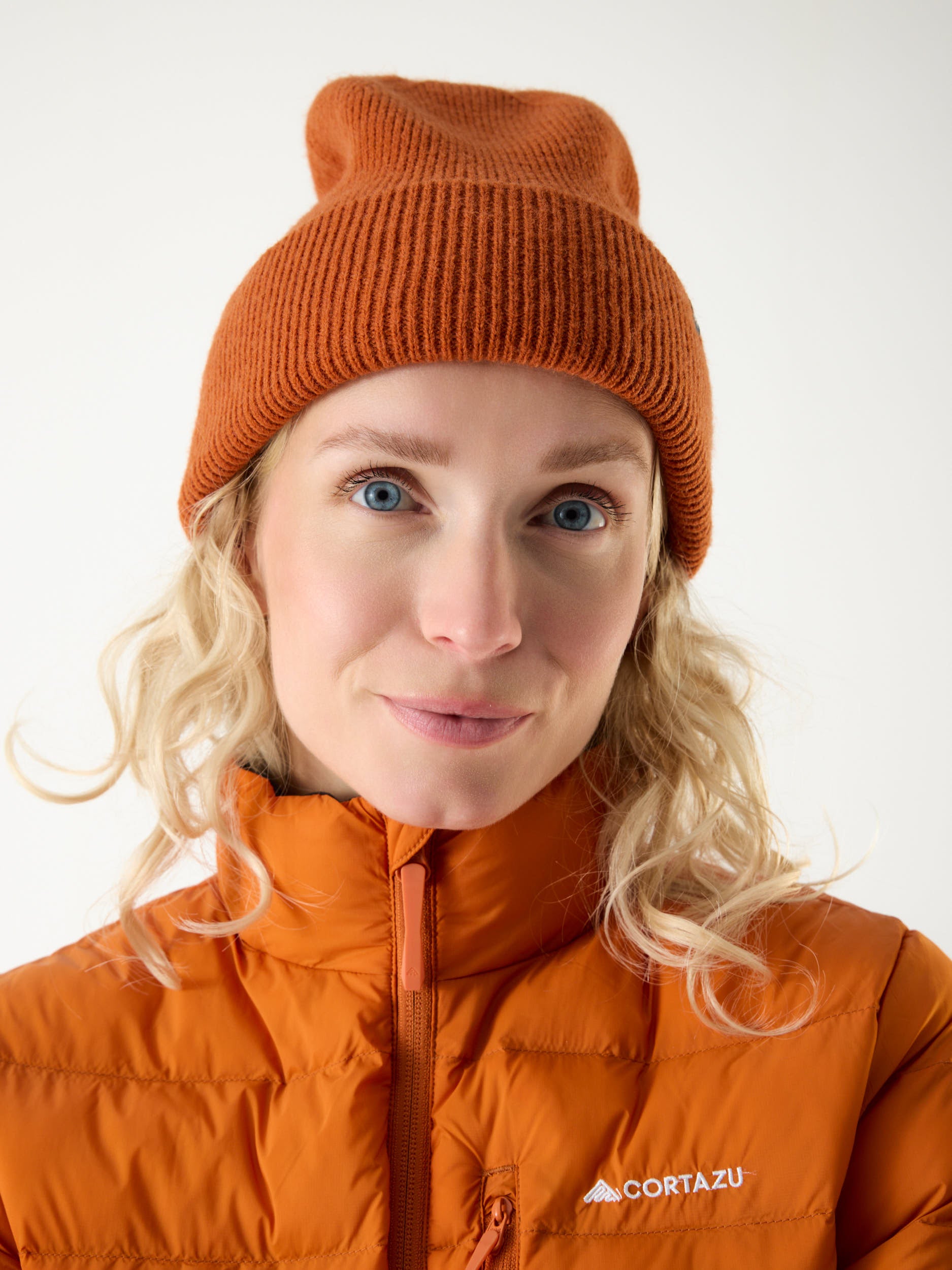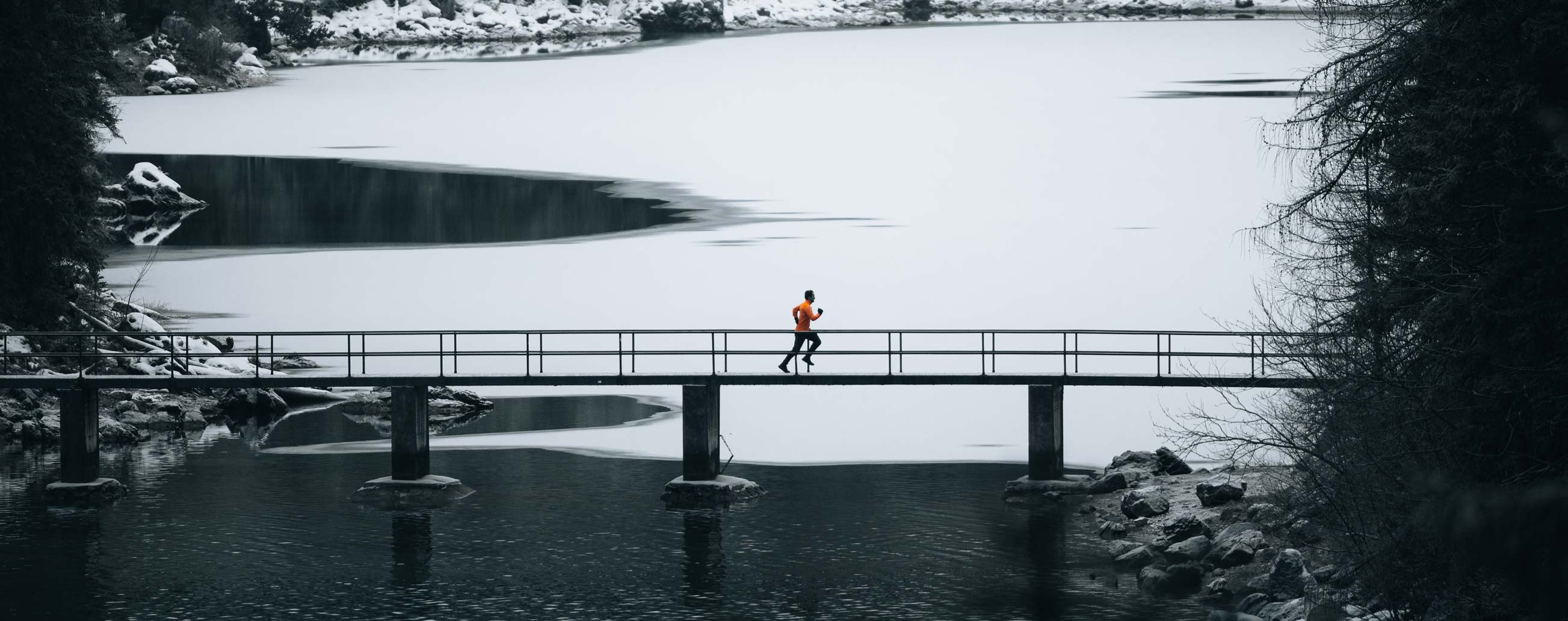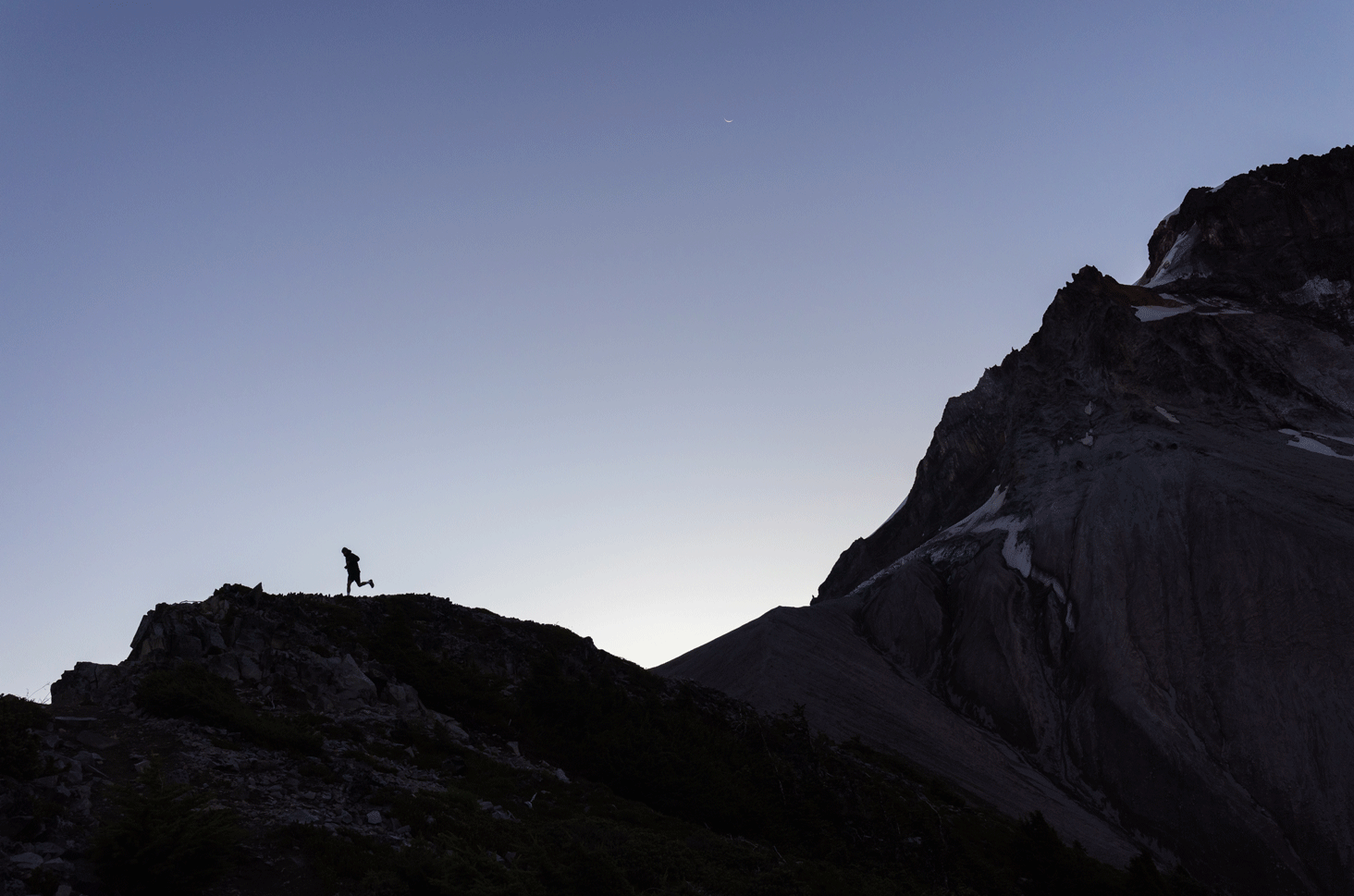The Fleece jacket has found its way into almost everyone’s closet today. Whether you are an extreme outdoors fanatic or just going by your everyday commute, a fleece jacket has become the go-to mid-layer for most of us. We would like to give you a better idea of what fleeces are, the advantages of them and even the different types of fleeces you might not even know existed.
What is fleece?
Fleece is actually the material a fleece jacket is made of. This material is entirely humanmade, and thus synthetic. The main feature of fleece is that it’s extremely soft, comfortable and keeps you warm. Due to the synthetic nature of fleece, the production of these fabrics and products can become very unsustainable. To counter this, Cortazu offers men’s fleece jackets and women’s fleece jackets to re-green the planet. For every jacket sold, the land will be re-greened at the foot of the Kilimanjaro together with Justdiggit. Moreover, new innovations and development of fleece are always ongoing. Therefore, we want to share a bit of these innovations and the history of fleece with you and get you familiar.

The different types of fleece
Several types of fleece exist, with each having slightly different functions and purposes. To get a bit more familiar with them, we’ve listed out several well-known fleece types and their main distinctive features.
Polar fleece: the classic
Fleece jackets that most people are familiar with are traditionally called polar fleece. These contain the original fleece fabric and come in several thicknesses, most commonly between 100gsm and 300gsm. The lighter the fabric, the more flexible it becomes whilst doing activities. Nowadays, you’ll see these polar fleeces anywhere, from high up in the mountains to the buzzing city streets.
Microfleece
A lightweight fleece is often called a ‘microfleece’, perfect for mid-layer whilst skiing or hiking with your other Cortazu gear. But, is microfleece warm? The short answer is yes. More often than not, these microfleeces also serve as a great outer layer during mild weather conditions. However, keep in mind that the lighter the fleece, the less warmth it will hold. It is important to consider what the main purpose of your fleece will be.

High loft fleece
This fleece looks the most like animal fur. With quite a thick and fuzzy structure, it can hold a lot of heat but isn’t really suitable as a mid-layer while practising outdoor activities. It is often used more as an outer layer, whilst hiking or mountain climbing in regular weather conditions.
Hardface fleece or Techface fleece
Other popular fleeces are the Hardface or Techface fabrics. These provide extra durability and sturdiness to external factors like wind and water. Also, these fleeces are specifically designed to not pill over time and often have an additional DWR coating to be more water-resistant. Due to the more sturdy nature of these fabrics, they are less comfortable and soft to wear. Nonetheless, they serve as a great mid-layer under hard shell jackets whilst being outdoor as it easily slides underneath other materials.
Thermal Pro and Power Air
These fleeces are both engineered by Polartec (who originally invented the polar fleece as well). Thermal Pro fleece fibres are knitted together rather than piled up, making them more durable and also fire-resistant. The Power Air fleece also deals with durability, as it provides less micro shredding and helps to retain more heat than the original polar fleece as well. That being said, these fleece fabrics are very experimental and quite uncommon to find being used in your everyday fleece jacket. But it’s interesting to see the constant technical development surrounding fleeces.
What are the advantages of fleece?
Fleece is a multifaceted material and has a lot of advantages. Key points to spot a good fleece are quite simple and straightforward and can help you identify the right fleece for you right away. It goes without saying that Cortazu’s fleeces include these features listed below.
- A fleece should be very comfortable on the skin, without any itchy feeling.
- A fleece jacket should be able to dry quickly and help you wick away respiration.
- A fleece should be easy to clean, without any extra maintenance tools needed.
- A fleece should not restrain your movement when being used as a mid-layer underneath a shell or ski jacket.

Discover here the full collection of Cortazu fleece jackets.

